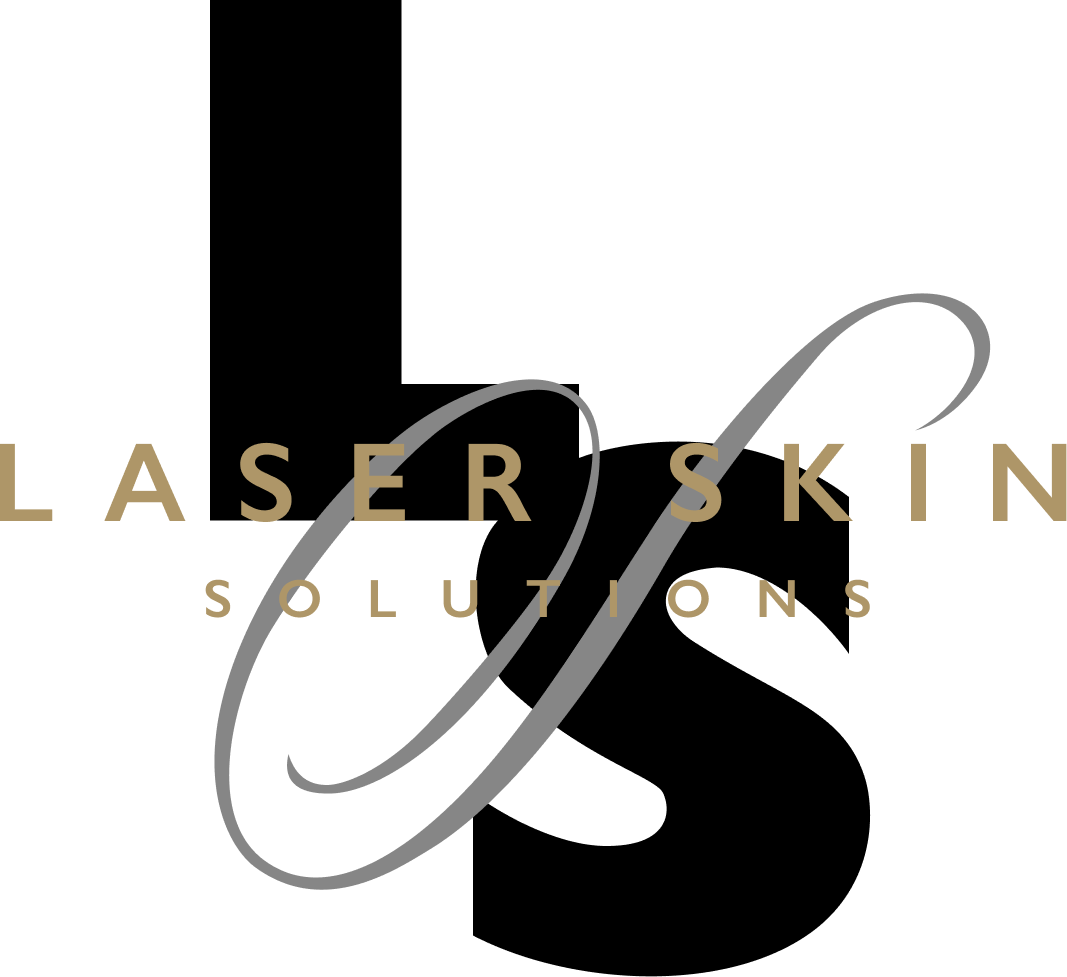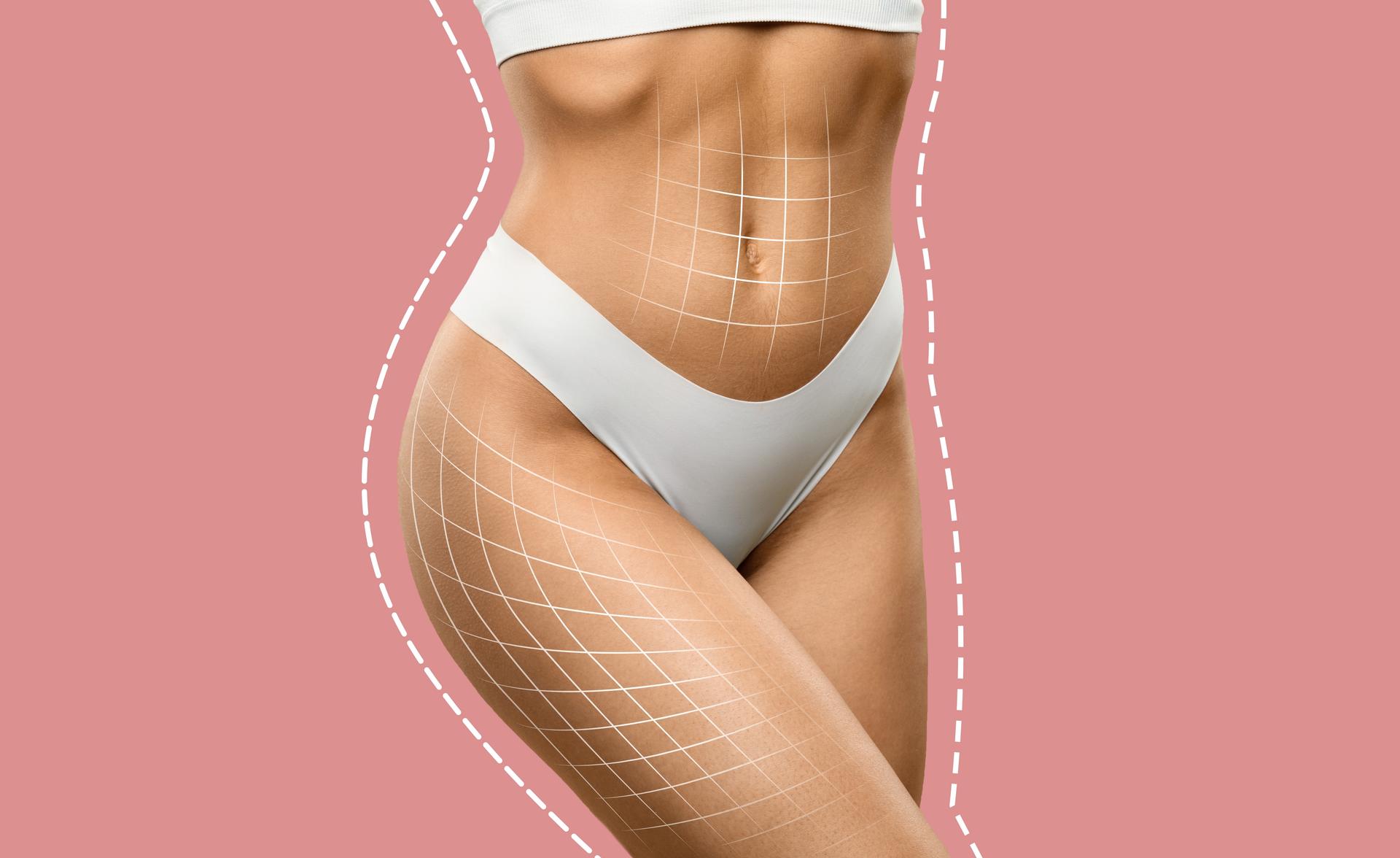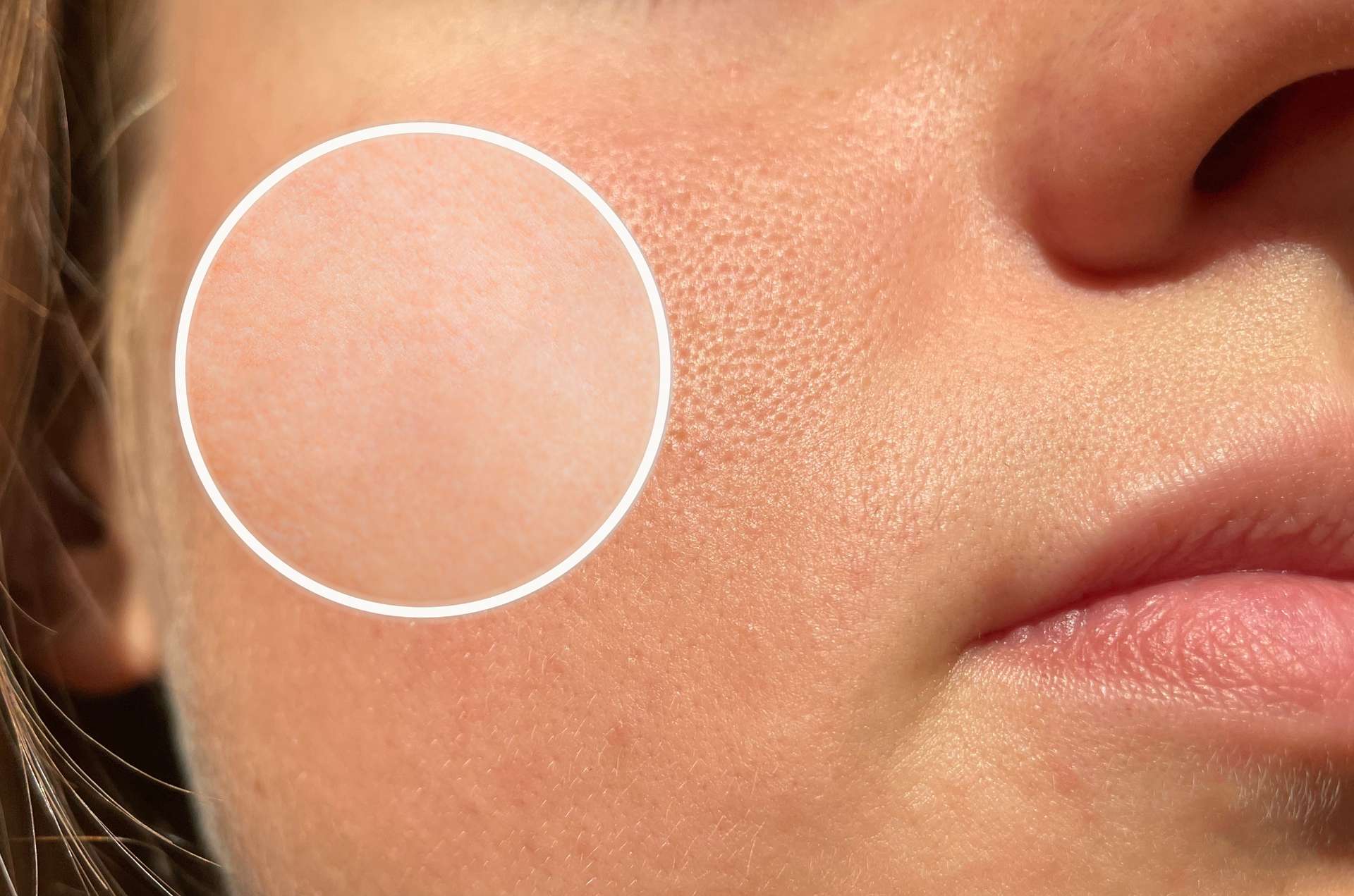Tattoos seem to be more popular than ever, as newer generations embrace self-expression through permanent ink. But what happens when that ink doesn’t reflect who you are anymore? The advancements in laser tattoo removal allow you to erase the regrettable ink of your past.
The expert team at Laser Skin Solutions in Jacksonville, FL, knows that nothing needs to last forever, especially if you don’t want it to. That’s why we offer a wide variety of treatment options to remove your unwanted ink.
If you’re ready to let go of questionable ink from your past or are just looking to make some space to add a new tattoo, you probably have questions and some misconceptions about laser tattoo removal.
How Does Laser Tattoo Removal Work?
While many tattoo removal methods exist, laser tattoo removal is the most effective. Simply put, laser tattoo removal uses lasers to break up tattoo ink particles, and then the body eliminates them.
Laser tattoo removal generally involves a process called selective photothermolysis. Photothermolysis uses a balance of light and pulse duration to target the tattoo and destroy the ink. This method is also called the photothermal effect.
Some tattoo removal treatments, such as the PicoSure laser, use the photomechanical effect. This laser delivers energy for trillionths of a second, physically fracturing the tattoo particles.
After the laser breaks down the tattoo’s ink into tiny particles, your body’s white blood cells grab those particles and carry them to the liver, where the body flushes them out just like any toxin or foreign object that doesn’t belong.
Why Does the Type of Laser Matter?
The effectiveness of your laser tattoo removal depends on the type of ink used in your tattoo. You may have heard that you can’t remove specific tattoo colors through lasers. That’s not exactly true: tattoo removal depends on using the right tool for the job.
The ink used in your tattoo comes in different pigments, and each of those pigments absorbs different wavelengths of light. So to remove a multicolored tattoo, Dr. Lezaic adjusts the wavelengths with various adaptors to break down each type of ink particle.
Laser Skin Solutions Jacksonville offers a comprehensive selection of lasers to target tattoos of any color.
How Many Tattoo Removal Treatments Will I Need?
Every patient’s body reacts to lasers differently, healing at varying rates. The number of treatments needed depends on several factors, but most patients need six to twelve treatments to remove their tattoos.
We estimate the number of treatments you’ll need by considering the following factors:
- Tattoo size
- Tattoo location
- Age of the tattoo
- Tattoo ink colors
- Depth of the ink
- Density of the ink
- Any pre-existing scarring
- Your overall health
While we can offer an estimated number of treatments before your tattoo removal, we may need to adjust our estimate once we begin treatments, based on your body’s reaction.
What Laser Tattoo Removal Methods Do You Offer?
At Laser Skin Solutions Jacksonville, we work to stay current on the latest technology so that our patients always see the best results. In addition, we provide several tattoo removal solutions to target every tattoo, regardless of size, color, or depth.
Enlighten
The Enlighten laser is the newest and most advanced laser available today. This updated version of the picosecond laser offers both dual wavelengths and dual pulse speeds.
The dual wavelengths allow the Enlighten laser to remove different-colored inks from a single tattoo, a feat that previously required multiple lasers to accomplish. Additionally, Enlighten’s dual speeds enable it to more effectively shatter ink particles, speeding up the removal process while minimizing side effects.
PicoSure
The PicoSure laser is the world’s first picosecond laser. The PicoSure uses incredibly short pulse widths to break up ink particles. The shortened pulses allow the PicoSure to work more effectively, meaning fewer treatments are necessary for complete tattoo removal.
Additionally, the PicoSure efficiently works with a range of tattoo colors, including the notoriously difficult blues and greens that other lasers can’t touch.
Traditional Q-Switched Laser
The Q-Switched laser provides effective removal of particularly dark or large tattoos. When tattoos contain very dense, large ink molecules, the Q-Switched laser is more effective than the PicoSure laser.
Alex TriVantage
The Alex TriVantage laser offers three-nanosecond wavelengths to treat multicolored tattoos. The Alex TriVantage laser works with tattoos of various sizes, is safe for all skin tones, and allows for quicker, more effective treatments.
The Describe Patch
In addition to our selection of lasers that allow us to choose the best treatment option for your needs, Laser Skin Solutions Jacksonville also offers one of the most significant advancements in tattoo removal: the Describe Patch.
We can integrate the Describe Patch into your current laser tattoo removal treatments, as it’s simply a patch placed over your tattoo during the removal process. Consisting of a dual-layered silicone sheet with PFD, the Describe Patch allows us to treat your tattoo multiple times in a single treatment.
The Describe Patch helps concentrate the laser’s light, allowing the laser to break up particles sitting deeper in the skin’s tissue. Additionally, it makes for a more comfortable treatment session and expedites healing.
Am I a Candidate for Laser Tattoo Removal?
Anyone with a tattoo they regret can be a candidate for laser tattoo removal. In your initial consultation with Dr. Lezaic, she’ll examine your tattoo’s colors, location, size, and age to create a customized plan for your laser tattoo removal.
When you have a tattoo you want to remove, it’s essential to work with a doctor and tattoo removal specialist to remove your ink safely and effectively. Laser Skin Solutions Jacksonville offers a wide variety of tattoo removal options to provide the best results from your treatment.
Don’t live with an unwanted tattoo any longer than you have to. Schedule your tattoo removal consultation with our team in Jacksonville, FL, today.



